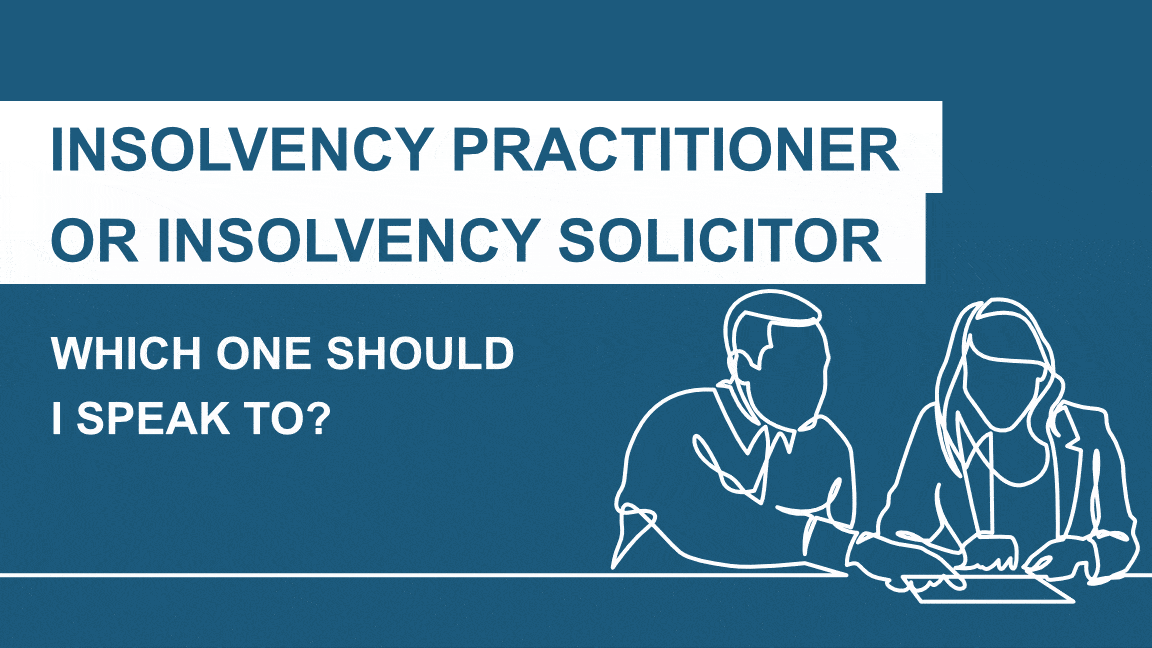An Unbiased View of Insolvency Practitioner
An Unbiased View of Insolvency Practitioner
Blog Article
Getting My Insolvency Practitioner To Work
Table of ContentsThe Buzz on Insolvency PractitionerUnknown Facts About Insolvency PractitionerInsolvency Practitioner for DummiesA Biased View of Insolvency PractitionerThe Buzz on Insolvency Practitioner
Whether or not you require to use a bankruptcy specialist (IP) to liquidate your firm relies on different variables. While involving an insolvency practitioner for all forms of liquidation is not a lawful need, doing so can commonly simplify the procedure and make certain compliance with lawful requirements. Liquidating a company is an essential choice that comes with significant effects.
It is a treatment made use of when a business does not have any lenders, or all of their creditors can be repaid in complete with statutory interest. Recognizing the different types of insolvency procedures can assist you figure out the very best course of activity for your company's liquidation or various other formal insolvency treatments itself.
This is mandatory in order to abide by lawful needs - Insolvency Practitioner. This is since IPs have the necessary certifications and experience to ensure that the liquidation process is carried out based on all appropriate regulations and policies. By engaging a qualified insolvency practitioner, you can have satisfaction knowing that your company's liquidation process will certainly be managed properly and in conformity with the appropriate legal requirements
Insolvency Practitioner for Dummies
The insolvency specialist is assigned as a liquidator and is responsible for managing the business and liquidator's financial debts exceptional responsibilities and properties. This process includes selling the business's properties and distributing the profits to financial institutions. Upon conclusion of the process, the company is gotten rid of from the register at Firms House.
Stopping working to do so can result in personal responsibility for the business or supervisor for the creditor's financial obligations. Volunteer liquidation, which includes Creditors' Volunteer Liquidation (CVL) and Participants' Volunteer Liquidation (MVL), is started by the company's supervisors and investors when they can no longer pay their financial obligations. In a CVL, the insolvency expert is designated as the liquidator, in charge of taking care of company financial debts and all firm properties.

The 7-Minute Rule for Insolvency Practitioner
By evaluating the expertise and experience of possible bankruptcy professionals, you can make certain that you pick a practitioner who possesses the essential qualifications to handle your business's liquidation procedure properly. While insolvency practitioner-led liquidation is typically one of the most suitable training course of activity for companies facing insolvency, there are different strategies to consider, such as striking off and partial liquidation.
It's necessary to examine all offered options prior to choosing the next best solution this website or course of action for your service. Striking off companies' signs up is a more uncomplicated and economical method to shut dormant or small companies without any financial debts or properties. To strike off a company, its name is eliminated from the Business House register by submitting kind DS01.
Prior to selecting striking off, it's vital to evaluate the advantages and downsides of this technique and consider whether it's the right selection for your business. Partial liquidation is an additional choice to insolvency practitioner-led liquidation, where a business liquidates certain properties and responsibilities while remaining to run with the continuing to be properties and obligations.
An Insolvency Professional will certainly have the ability to advise you of the very best strategy to take and make certain that everything runs smoothly. However, it is not feasible to liquidate a company without a liquidator. Designating an authorised insolvency practitioner is required for the process of volunteer liquidation to start.
The Insolvency Practitioner PDFs
It is feasible to close and liquidate your firm without utilizing a liquidator, provided your business is solvent and you satisfy the eligibility requirements to liquify or liquidate it. If your business is insolvent, you may be required to use a liquidator and begin official insolvency procedures. Right here are some various other helpful write-ups pertaining to firm liquidation in the UK:.
Remaining in a placement where you're not able to pay your company's lenders is extremely difficult. In an effort to avoid enhancing the level of financial debt, lots of business try to work out directly with their look these up creditors and accept a casual arrangement. If the financial obligation is rather little and owed to one financial institution, and the financial institution is being participating, becoming part of an casual debt setup is probably the finest option, as opposed to looking the web for 'a bankruptcy expert near me'.
On the other hand, if there are multiple lenders and the level of financial debt is large, lenders may not be so eager or cooperative. In order to prevent liquidation or bankruptcy, it is better to hire a bankruptcy practitioner to prepare formal proposals and bargain with financial institutions on your behalf.
Insolvency Practitioner Fundamentals Explained
Whilst it is a way to handle financial obligation, there are significant risks entailed with this kind of financial obligation plan - Insolvency Practitioner. If a creditor wants to become part of an informal arrangement (IA) where the debtor has actually agreed to make regular, if lower, settlements to settle the financial debt, it is necessary to stay with the agreement

As a result, the creditor is within their civil liberties to back out of the agreement and application the courts for your company to be sold off any time. An official arrangement that has been proposed by a bankruptcy expert in your place, and agreed by a lender, offers a much more secure option.
Report this page